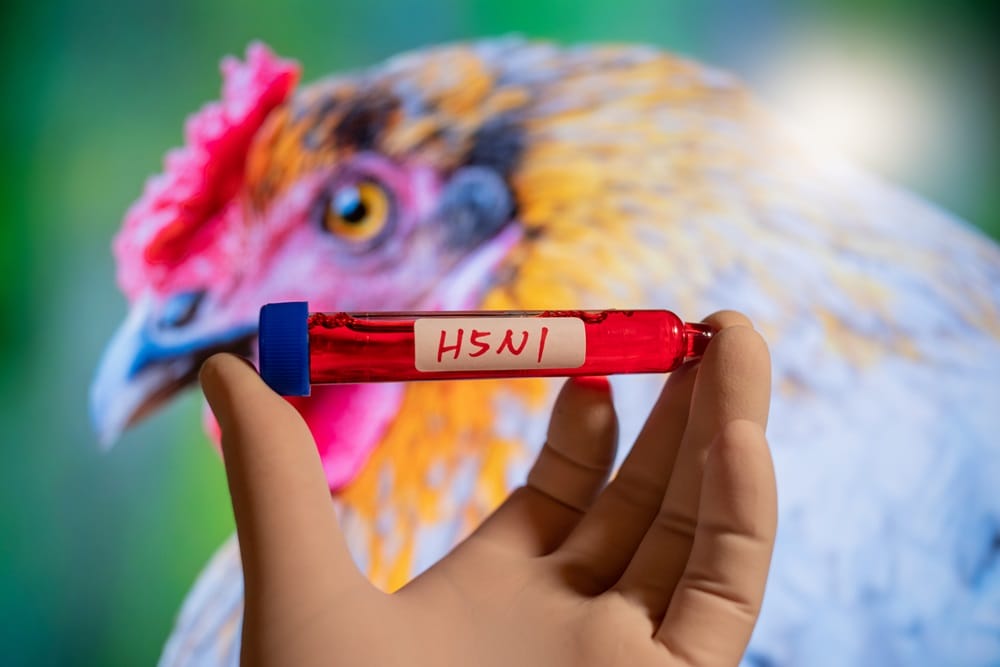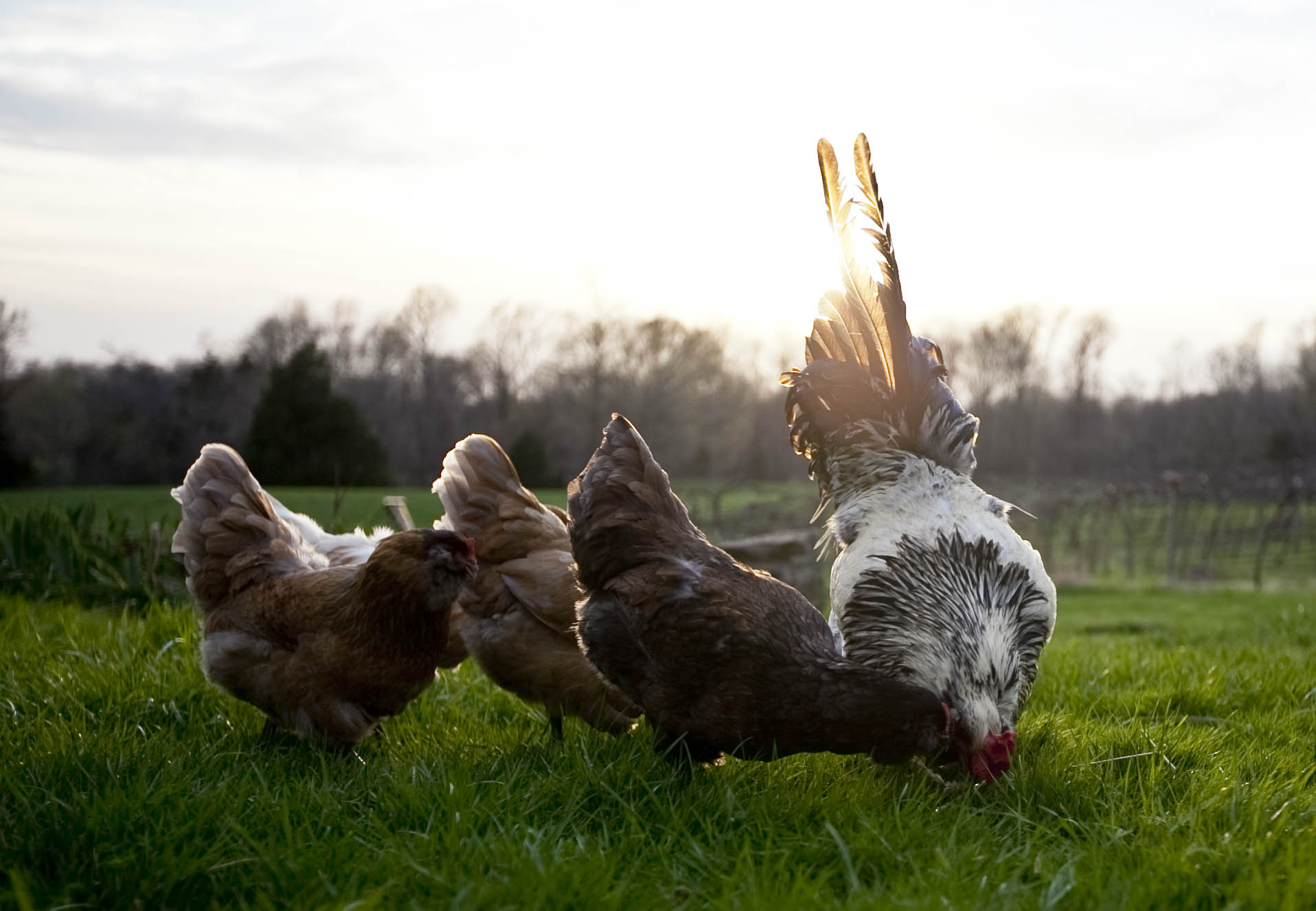On Friday, state officials announced that the likely cause behind an increasing number of bird deaths in Eastern Virginia is highly pathogenic avian influenza (HPAI).
The Virginia Department of Wildlife Resources (DWR) has been receiving growing reports of sick or deceased birds across the eastern part of the state in recent weeks.
The initial report came from a licensed wildlife rehabilitator in early March. Confirmatory testing at the National Veterinary Services Laboratory is currently underway.
State Wildlife Veterinarian John Tracey emphasized the collaborative efforts with partners such as the Virginia Department of Agriculture and Consumer Services and the Virginia Department of Health to inform Virginians and agricultural producers about the heightened detection and recommend precautions.
Reports of infected birds have surfaced in the Northern Neck, Middle Peninsula, and Hampton Roads. Although various shorebird and waterbird species have been affected, grebes, sanderlings, and gulls appear to be the most impacted.
While waterfowl and certain shorebird and seabird species may show minimal symptoms or none at all when infected, they can still transmit the virus to other birds, including domestic poultry, raptors, and upland birds, potentially causing illness or death.
Several species of wild mammals are also susceptible, often through scavenging infected bird carcasses.

With spring migration in full swing, Virginia witnesses a diverse range of bird species traveling through the Atlantic Flyway to northern states and Canada, heightening the risk of HPAI transmission among local wild populations and commercial poultry.
Dr. Carolynn Bissett, Program Manager of VDCAS Veterinary Services, advised all poultry owners in Virginia to maintain stringent biosecurity measures due to ongoing wild bird migrations and recent HPAI detections in waterfowl, underscoring the continued presence of the virus in the environment.
Members of the public are cautioned against handling dead wild birds. If handling is necessary, it is recommended to use rubber gloves, masks, and eye protection.
Carcasses should be buried, incinerated, or double-bagged and disposed of in a landfill. After handling, thorough handwashing and disinfection of clothing and shoes are essential to prevent virus spread.
Anyone observing specific patterns of wild bird incidents—such as five or more dead vultures, waterfowl, shorebirds, or seabirds in one area—or encountering sick or dead eagles, hawks, owls, or turkeys, excluding roadkill, should promptly notify DWR through the Virginia Wildlife Conflict Helpline or by email.
The CDC assesses the risk of avian influenza transmission from wild birds, backyard birds, and commercial poultry to humans as low, with rare instances of human infection reported.
Individuals who become ill after potential exposure to confirmed or suspected HPAI are advised to isolate themselves from others and contact their local health department for guidance.
